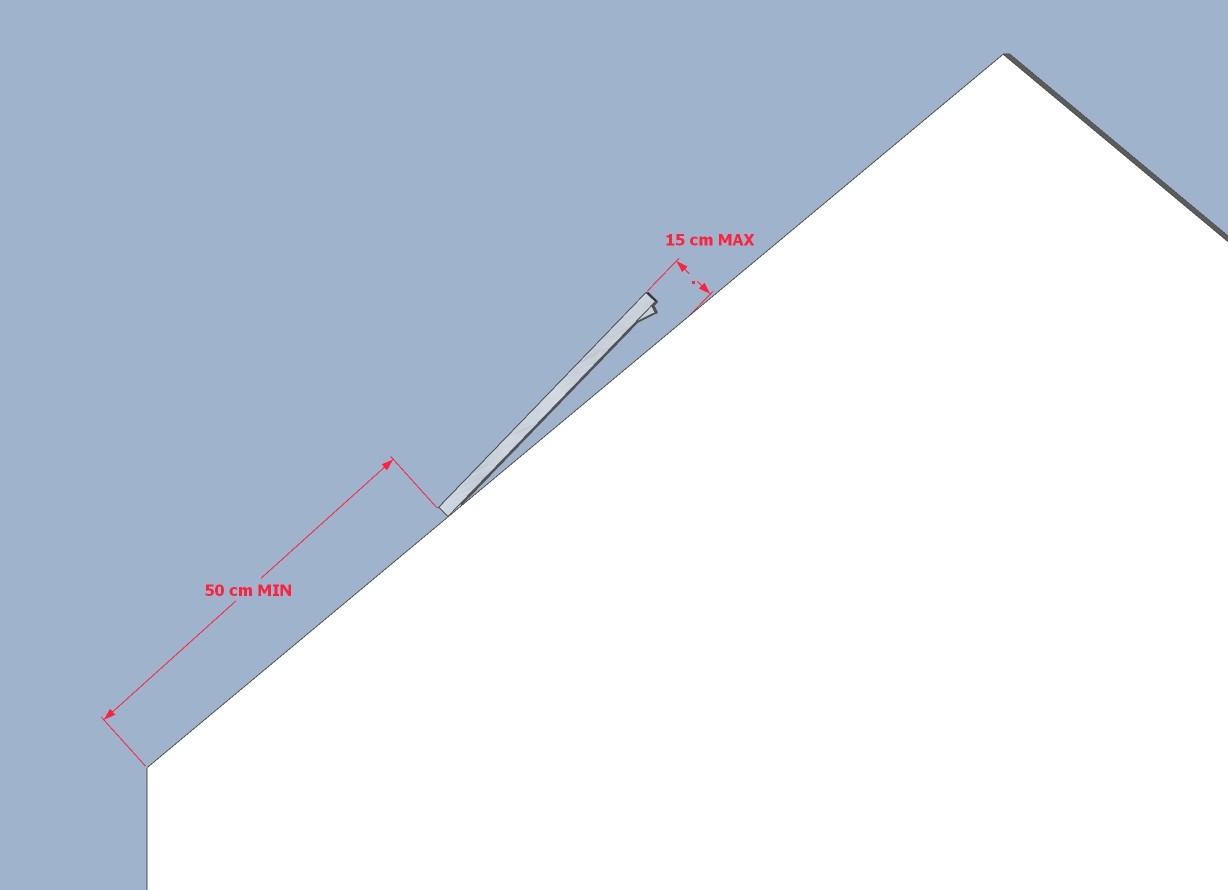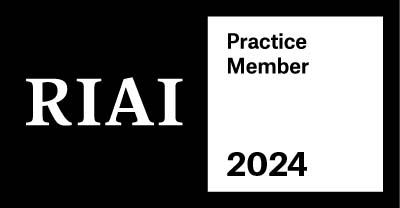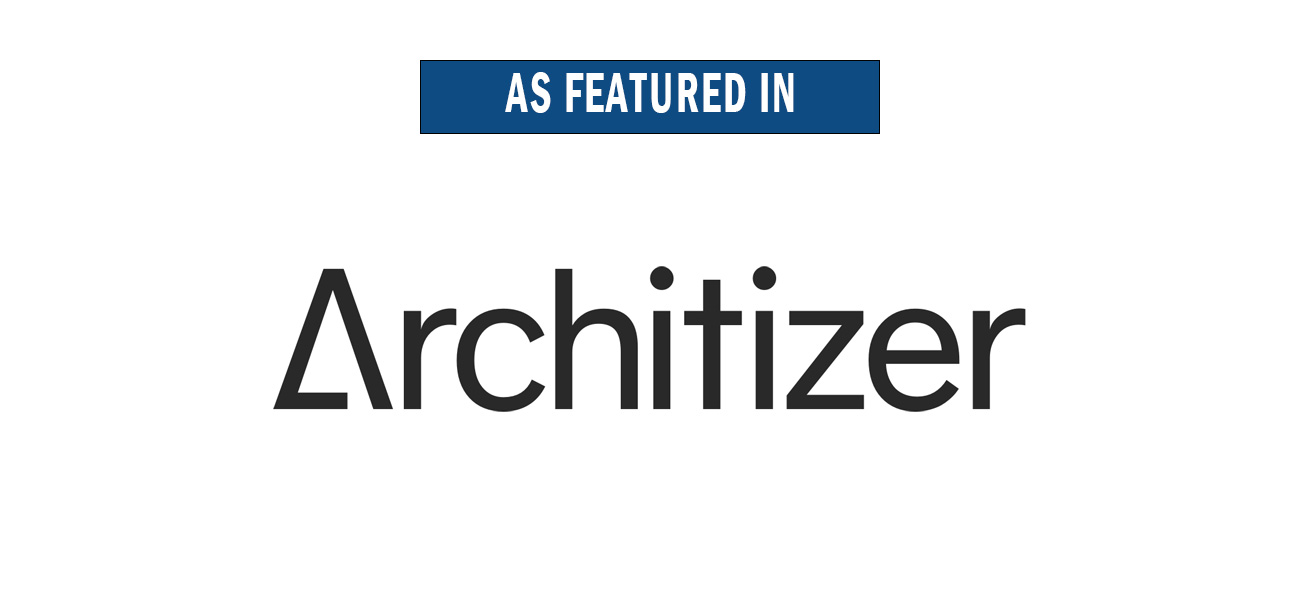THIS POST IS OUTDATED – PLEASE VISIT :New Planning Exemptions for Solar Installations
The SEAI grant for solar Photo-voltaic (PV) panels is a welcome addition available to Irish households built and occupied before 2011.
The grant is available for all new Solar PV installations from Tuesday 31st July 2018 and more information is available here.
Solar Photo-voltaic (PV) works on the principle that energy in the sun is converted to electricity. PV cells are used to convert solar radiation into Direct Current (DC) electricity. The DC electricity is then inverted to Alternating Current (AC) electricity for use in buildings or export to the grid. When light shines on the PV cell an electric field is created across the silicon conducting layers which causes electricity to flow.
The energy available from the sun is measured in kilo Watt hours per square metre per year (kWh/m2/year). The angle and orientation of the solar array is very important. Generally a photo-voltaic installation requires a large southerly facing roof or field space. Panels are either pre-constructed encapsulated glass/plastic or in some cases may take the form of roof tiles or semi-transparent PV glazing units. There are some costly systems which can track the sun over the course of a day throughout the year. A traditional roof up to a pitch angle of 35? is best for PV output. Trees, chimneys and other buildings should be avoided to minimise any shading effect.
Do You Need Planning Permission to Install Solar Panels?
The installation of solar panels on domestic properties is exempt from planning permission under the Planning and Development (Amendment) Regulations 2007, subject to certain conditions.
These conditions are as follows:
- The size of any such panel together with any other such panel previously placed on or within the said curtilage, shall not exceed 12 sq. m or 50 per cent of the total roof
area, whichever is the lesser;
- The distance between the plane of the wall or a pitched roof and the panel shall not exceed 15 cm;
- The distance between the plan of a flat roof and the panel shall not exceed 50 cm;
- The solar panels shall be a minimum of 50 cm from any edge of the wall or roof on which it is to be mounted;
(see 1st image)
- The height of a free standing solar array shall not exceed 2 metres at its highest point, above ground level;
- A free standing solar array shall not be placed on or forward of the front wall of the house;
- The erection of any free standing solar array shall not reduce the area of private open space to the rear or side of the house to less than 25 sq. m.
New Solar PV Pilot Scheme
This new scheme provides a grant towards the purchase and installation of a solar PV system and/or battery energy storage system.
This will take the form of a once-off payment. The eligible technologies will be solar PV systems (including metering etc.) and battery storage systems.
The scheme is expected to operate for 2 years with regular reviews expected every 6 months.
The maximum grant support levels are as follows:
- Solar PV Systems €700/kWp
- Battery Storage €1,000
Eligible systems are:
- Solar PV Systems up to 2kWp
(about 6 to 8 panels) - Solar PV system with battery storage up to 4kWp
(Battery to meet scheme requirements)
Homeowners are required to complete a Building Energy Rating (BER) on their home after the supported works have been completed.
Grants may only be claimed after the measures are fully completed and the contractor has been paid by or has entered into a financing agreement with the homeowner.
Disclaimer: This is a brief summary of the regulations with regards when planning permission is required and is provided for general guidance only. For full details contact your local council planning department. The relevant Regulations and the Planning Authority should always be consulted when in doubt.



































